3 Filters for Great Goal Setting
The vast majority of people thrive on setting goals.
It could be to make more money.
Continue Education
Develop richer relationships
Improving Health & Fitness is a key area of life that people set goals.
Goal setting… If done well… makes achieving results more likely.
At the very least, effective goal setting will provide:
Greater motivation
More clarity
Help direct your efforts more effectively.
There is a lot to discuss on the topic of goal setting, but today…
Let’s consider 3 filters / spectrums that goals can sit on. And how using these filters can help you achieve better results!
Long term goal vs short term goal
When it comes to health and fitness, the time period for our goal is a big consideration.
I believe that we should have a long term vision that we base our decision around
Consider this a North Star.
Perhaps it could be something like:
Being seen as a healthy role model for your children.
Or reaching a level of mobility & strength that allows you to do activities you enjoy without pain.
Or being able to go into any store and find clothes that you want to wear and feel good in them.
The North Star is an ever-present, long term goal that illuminates our path and helps to guide our short term decision making.
The challenge is that the long term goals can feel so far away, that a person may not feel a sense of urgency around their goal or have enough short-term motivation.
This is where setting short term goals can be helpful.
Perhaps it’s to get in shape for a holiday.
Fit into an outfit for a wedding.
Or get prepared for an event / challenge.
In my experience, the most successful people have both a Long Term Goal and multiple Short Term Goals.
The short term goals are always based around the long term Vision.
At times this may mean having to take a step backwards / sideways in order to reach the long term goal.
Superficial goal vs Deep Goal
Another spectrum to filter our goals through is whether they deeply routed or superficial.
I believe that the best goals are deeply routed.
To deeply route a goal, it’s as simple as asking “why?”
For example, I want to lose weight, is a superficial goal.
When you ask why…
It may be because someone is suffering from feeling under confident.
If you ask why they feel that way…
It may be that they’re so uncomfortable with how their clothes fit, they can never choose an outfit... and when they do settle on something, they feel self-conscious in it, which is affecting how they interact with their friends and family on social occasions.
All of a sudden a goal of ‘losing weight’ has become ‘wanting to feel confident in your clothes so that you can be at your best for your friends and family without feeling distracted and self-conscious’
Uncovering the deeper emotions behind a goal, means that it’s more likely to stick.
Imagine a tree with deep routes, when the wind blows, it’s going to be able to hang in there!
That’s why I believe all goals should be deeply routed.
Certain people may find this difficult to do… But ultimately, if your happiness is at stake…it’s a worthwhile process to go through.
Process-based goals vs results-based goals.
One of the most important distinctions in goal setting is the difference between process-based goals and results-based goals.
To illustrate…
Imagine your goal is to grow a prize-winning carrot.
That’s a results-based goal…but the problem is, no one can directly control the final size, shape or vibrancy of the carrot.
The only thing we have control over is where we plant it, the soil quality, the amount of light we expose it and how often it gets watered.
If we do those things well… then hopefully, by the time it’s ready for harvest, we’ll have an amazing carrot.
Most people’s first thought is to set a results based goal, just like wanting to grow a prize-winning carrot.
In a fitness context, it could be... to get in better shape.
However many people won’t even think to set process-based goals.
How often am I going to train? …how many calories will I have? … How much sleep will I get?
Clearly defining process-based goals, is what will ensure we achieve the results-based goal!
In summary
As you work towards improved health & fitness, goal setting becomes a very important process.
The short term goals you set are great for increasing motivation and urgency, but should ultimately be taking you toward your long term vision.
Set goals on a deeper emotional level. I’m yet to come across a person who isn’t emotionally invested in how they look, move and feel. Uncovering that emotion will help with greater adherence whenever times get tough.
We can’t directly control our results-based goals. But we do have complete control over the process-based goals that lead us there. So make sure the majority of your focus is going on the process-based goals.
Using these filters will lead to better goal setting and ultimately, better results.
Yours in coaching,
Harry
